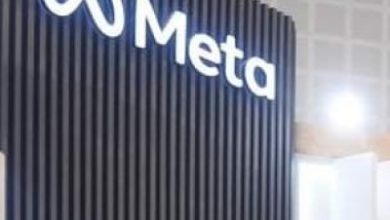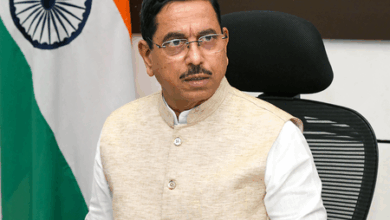Twitter Reaches 238 Mn Users Globally Amid Legal Battle With Musk

New Delhi, July 23: Despite posting $270 million net loss in its second quarter (Q2) this year, Twitter has reached 237.8 million users which is a significant growth amid the controversial Elon Musk takeover.
The micro-blogging platform, locked in a battle with the Tesla CEO over the presence of bots/spam accounts on its platform, said it now has 237.8 million monetisable daily active usage (mDAU), up 16.6 per cent compared to Q2 of the prior year.
“The increase was driven by ongoing product improvements and global conversation around current events,” the company said late on Friday.
Average US mDAU was 41.5 million for Q2, up 14.7 per cent compared to Q2 of the prior year.
“Average international mDAU was 196.3 million for Q2, up 17.0 per cent compared to Q2 of the prior year,” said the company.
Twitter defines mDAU as people, organisations, or other accounts who logged in or were otherwise authenticated and accessed Twitter on any given day through twitter.com, Twitter applications that are able to show ads, or paid Twitter products, including subscriptions.
When Musk scrapped the $44 billion Twitter acquisition deal, the micro-blogging platform revealed that it is suspending more than 1 million spam accounts a day.
The one million figure includes accounts that are weeded out as they attempt to join the platform and therefore are never counted as daily users.
The new figure represented a doubling of its previous update.
Agrawal had said in May that spam account suspensions were running at 500,000 a day.
Twitter has stated consistently in its quarterly results since 2014 that it estimates its spam account problem to represent less than 5 per cent of its daily active users, a figure Musk never believed.
The Musk-Twitter battle has now reached the court, with a US court ordering the trial to begin in October.
The trial will run for five days — longer than Twitter asked for but shorter than Musk did. The exact dates have not yet been scheduled.






